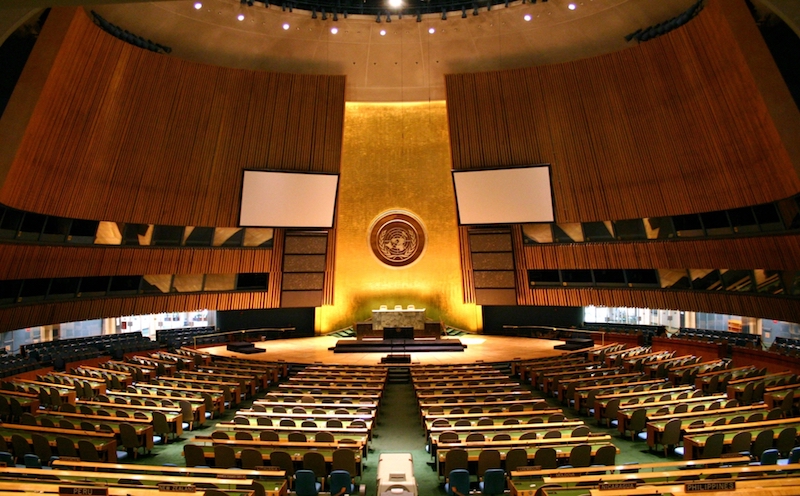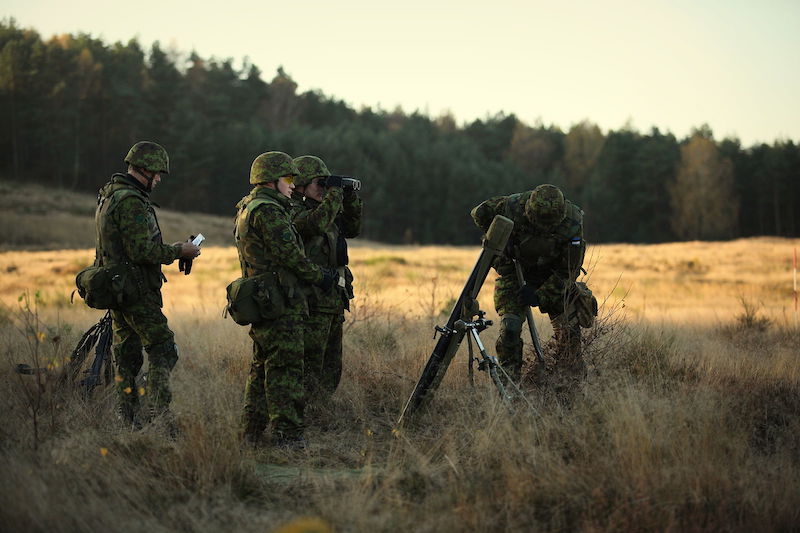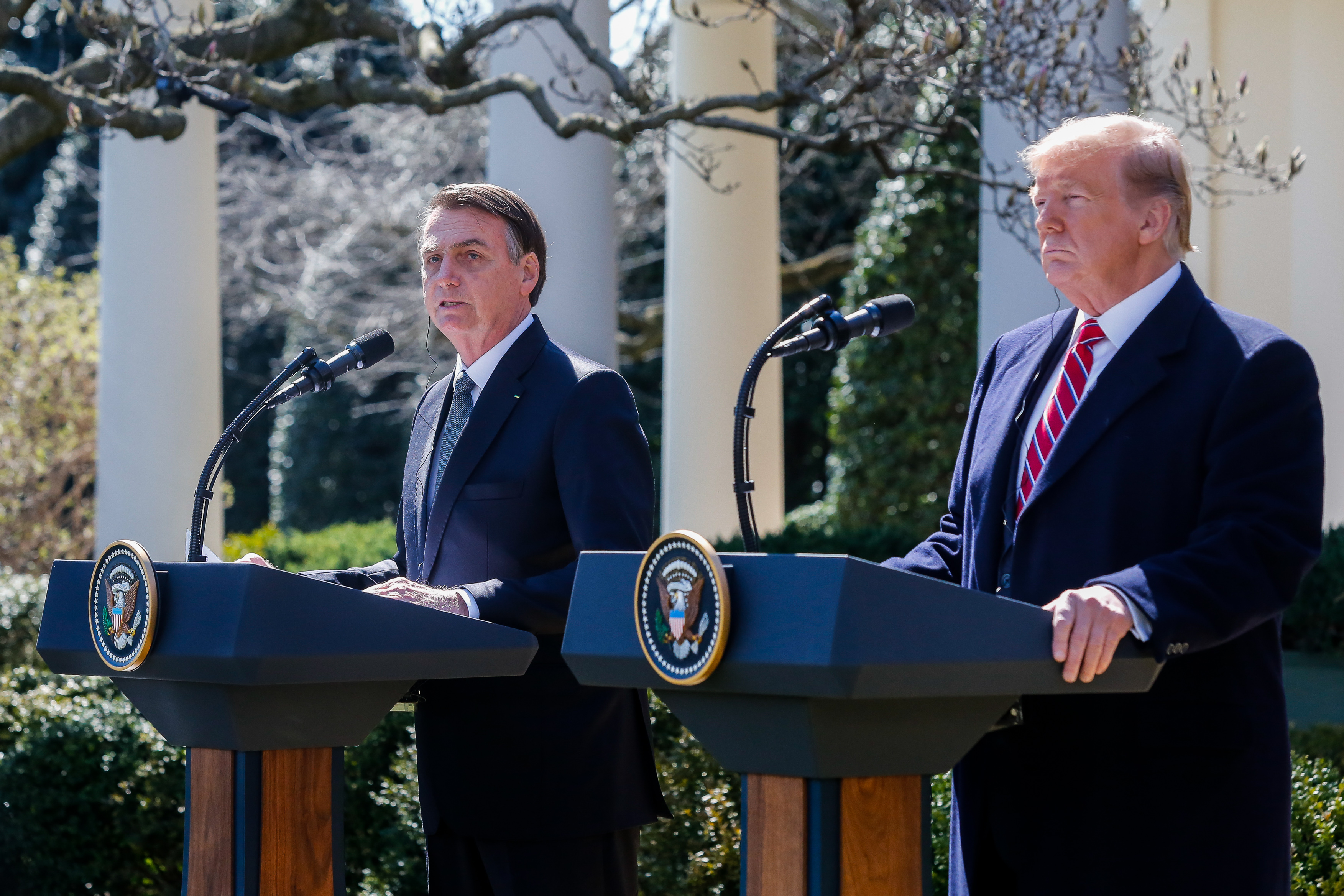Russia plays a key role in the orderly functioning of the United Nations, through its contributions to the institution and as a member of the P5. Moscow, through its seat at the Security Council, hopes to project the advent of a multipolar world where perceived Western hegemony is contested. Respecting international law and the sovereignty of states in this multipolar world is of key importance. Washington and the European Union can no longer act as they please without facing harsh criticism and opposition from Moscow. The issue of state sovereignty has been highlighted throughout the Syrian tragedy, since Russia vetoed numerous resolutions proposing action against the Syrian regime. However, a retrospective reflection reveals Russia upheld international law only when it doing so aligned with its interests.
An active UN member?
There is a contrast between Russia’s contributions to the UN and the power it has in the institution, thanks to its seat at the Security Council. In 2017, Moscow’s contribution to the UN regular budget amounted to 3.08% (8th contributor, net contribution of 78 million USD). This amount is inferior to the contributions of the other P5 states and of several non-P5 members, such as Italy (3.8%), Brazil (3.8%), Germany (6.4%) or Japan (9.7%). Russia is nevertheless more active in terms of peacekeeping; it is presently the 7th supplier to the UN’s peacekeeping budget (3.99%) and contributes a total of 95 peacekeeping troops. Furthermore, Russia is the main contributor of air transportation services and the second largest supplier of contractor services to UN peacekeeping operations.
In contrast, among the P5, Russia is the one to use its veto power most often. Since 1993, it has put 17 vetoes, amounting to less than the United States (15), China (10), France or the United Kingdom (0). The regular use of its veto on UNSC resolutions throughout the Syrian conflict has triggered international criticism against Russia.
A Multipolar World
Breaking with Boris Yeltsin’s foreign policy, which favored a rapprochement with the West, Vladimir Putin has sought to debilitate Western hegemony and transition toward a more balanced multipolar world. To achieve this, Moscow sought stronger partnerships with various Asian countries, notably China, and has launched or participated in the creation of various international institutions such as BRICS or the Collective Security Treaty Organization (CSTO). Russia’s seat at the UNSC is a key component attempts to create a multipolar world order, for it allows Russia to present itself as a power capable of contesting Western hegemony. The times when Washington and the European Union could act without being kept in check by other geopolitical actors, such as during the NATO campaigns in Serbia (1999) or in Libya (2011) are over. Moscow is now keen on exercising its veto right to contest, counter and even dictate Western foreign policy, as it has done throughout the Syrian crisis. Moscow notably guaranteed Bashar al-Assad’s staying in power in the face of the United States and other members of the international coalition such as France who were keen on ousting Assad from power in the early days of the crisis.
Outside of the UN, however, Russia faces more difficulty in contesting Western hegemony. To do so would require combining several key hard and soft power elements, the most important of which being credible military power and a strong, well-integrated economy, similarly to China. It is undeniable that Moscow’s military strength, which drastically ameliorated since 2008, allows it to project power abroad and limit the power projection of other key geopolitical actors such as the Transatlantic Alliance. One may notably think about Russia’s nuclear power or the numerous A2/AD (Anti-Access/Area Denial) bubbles it has created in various locations to limit NATO presence. Moscow’s strength is however hindered by important economic weaknesses, the first of which is its dependence on high oil and gas prices to ensure economic growth, and various domestic problems such as wide spread corruption. Without resolving these problems, Russia will remain an atrophic power: capable of challenging the West militarily but highly vulnerable and economically dependent on the EU.
Russia’s seat at the UNSC allows this atrophy to seem invisible, hiding the country’s economic weaknesses behind a show of diplomatic force. Who would think that a country capable of influencing the foreign policy agendas of the United States and the United Union is only the world’s 12th economy (in terms of GDP)? Russia’s veto power thus allows it to appear much stronger than it is and act as a pole contesting Western hegemony, when it is far from the case in reality.
“Do as I say, not as I do” – The Issue of State Sovereignty
One way Russia has found to contest Western hegemony through the UNSC is to picture itself as a defender of state sovereignty, a notion that the US, NATO and the EU have at times put aside during their interventions abroad. Vladimir Putin is a strong critic of NATO’s bombing campaign in Serbia in 1999 and of its 2011 intervention in Libya. By denouncing the actions of the US-led coalition on Syrian soil as violating the latter’s sovereignty, Russia projects itself as a country respectful of international law and norms – to legally use force on the territory of another state, states must either see their vital interests in danger, be solicited by the country in question or act under a UNSC mandate. Throughout the Syrian crisis, Moscow has used this motive to veto UNSC resolutions condemning Bashar Al-Assad’s regime or proposed sanctions on Syrian individuals and entities, which it perceived as first steps before a military intervention or regime change.
The condemnations of the US-led coalition’s actions in Syria seem, however, to contradict Russia’s interventions in Ukraine in 2014 and Georgia in 2008. In both cases, Moscow did not act under a UN mandate and it is debatable whether the state’s vital interests were endangered. Likewise, when several Russian diplomats invoked the principle of Responsibility to Protect (R2P) to justify these interventions, the actual application of R2P principle to the Georgian and Ukrainian cases remains questionable. It thus seems that, like numerous other states, Moscow abides and upholds international law only when doing so aligns with Russian interests.
Photo: United Nations General Assembly hall in New York City via Wikimedia Commons
Disclaimer: Any views or opinions expressed in articles are solely those of the authors and do not necessarily represent the views of the NATO Association of Canada.



